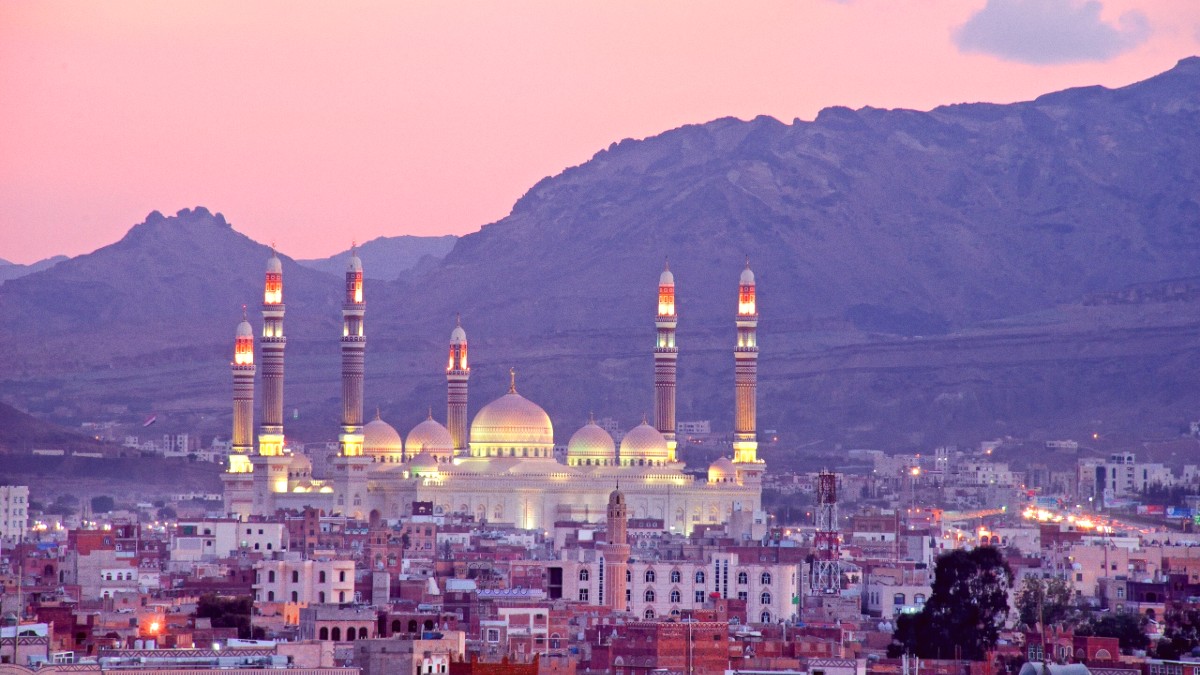
Standard public transit systems are largely non-existent or non-functional due to conflict and damaged infrastructure. In some limited urban areas, very basic and unreliable shared taxis or minibuses might operate, but they are not safe or recommended for foreign travelers.
Using taxis or ride-sharing services carries significant risks. Hailing a taxi on the street presents high danger. Identifying licensed taxis is difficult.
Non-existent or severely disrupted for safe travel.
Unreliable, unsafe, and with unpredictable fares. Hailing is not advisable.
Ride-sharing applications are not operational or available.
Often poor, damaged by conflict, potential UXO.
Scarce and expensive, impacts transportation.
Numerous and manned by various armed groups.
Chaotic and unregulated in urban areas.
Standard vehicle rental for foreign travelers is not available or feasible. No major international car rental companies operate. Motorcycle, scooter, and bicycle rentals are not available or recommended.
No tour buses or hop-on-hop-off services are available.
Limited local boat transport may exist, but not for tourist purposes.
No specialized services for travelers with mobility challenges. Infrastructure is poor.
Formal routes or hubs do not exist in a reliable or safe manner for foreign individuals. Fares for any informal transport are negotiated and volatile. Hours of operation are highly irregular and unpredictable due to security situations, power outages, and fuel shortages.
The only feasible means of safe transport.
Coordinate with organization.
Trustworthy drivers are fundamental for security.
Provided by security teams.
Often necessary outside secure compounds.
Arrange through organization.
For any movement within Yemen, rely only on pre-arranged, secure transportation provided or vetted by your organization.
Independent use of public transport or walking is not advised due to significant security risks.